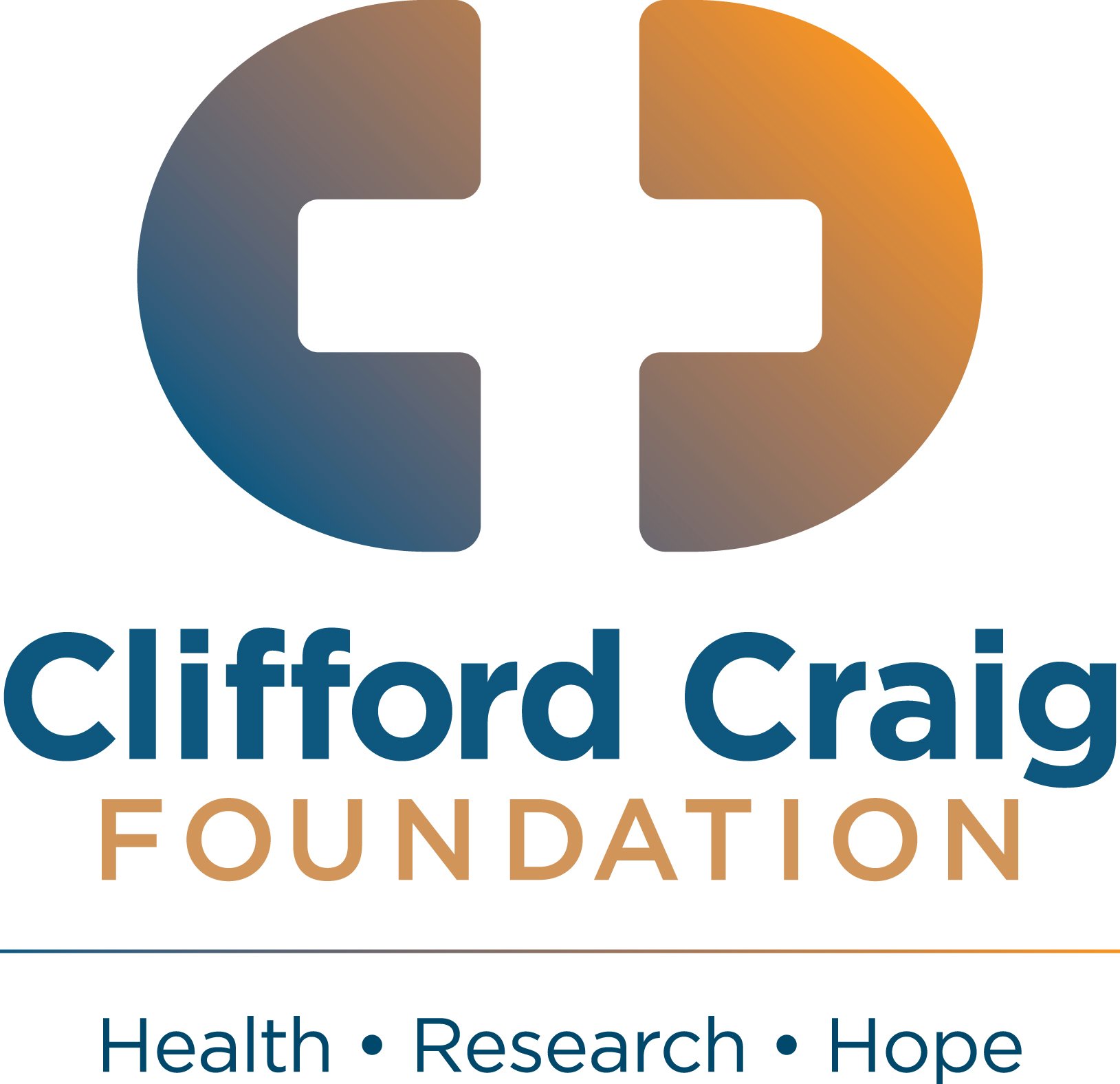Where your donation will go | MND research update
All funds raised through Parry to Pinnacle will support future MND research at Launceston General Hospital.
Here’s a closer look at one trial already providing hope to Tasmanians impacted by this insidious disease.
In 2021 the Clifford Craig Foundation provided almost $60,000 for for an exciting new medical research trial - Lighthouse II - to be carried out in Northern Tasmania.
The randomised double-blind placebo-controlled Phase 3 trial of Triumeq is examining potential treatment options and ways to slow down the progression of Motor Neurone Disease.
Led by Launceston General Hospital neurologist Dr Lauren Giles, it is the first time an international multi-centre MND therapeutic trial has been offered locally in Tasmania.
With 8 Tasmanian patients now enrolled to the trial, the LGH research team are among the top recruited sites contributing to this field of work, from 9 hospitals across Australia, New Zealand and Europe and the United Kingdom.
A testament to the neurology team, research nurses and the community who helped fund it, here is how Lighthouse II came to the Apple Isle.
Dr Lauren Giles is leading the Lighthouse II trial in Tasmania.
Previously, patients with MND would need to travel interstate to access clinical trials like this.
However, Dr Giles' explained that one of the “silver linings” to come out of COVID-19 was a renewed push for accessing services closer to home.
With a number of patients newly diagnosed with MND, but unable to travel to Victoria, Dr Giles began exploring the feasibility for bringing the trial to Tassie.
These efforts were made easier thanks to the new team of neurologist now working at at the LGH, including Dr Giles, Dr Matt Lee-Archer and Dr Aaron De Souza.
This team were able to establish their own multidisciplinary MND clinic, equipped to provide patients with coordinated care options and to host clinical trials.
After a successfully fundraising appeal in 2021, the Clifford Craig Foundation was able to provide funding for the trial to commence, with the first patient recruited in early 2022.
Aims of the trial
The Lighthouse II trial follows the positive Lighthouse I trial, which suggested Triumeq (a prescription medicine used to treat HIV-1 infection) may slow the progression of MND.
Although this trial was focused on safety, rather than efficacy, given the findings of Lighthouse I there is optimism this trial may be positive and improve treatment options for people living with MND.
Through participation in this trial, our centre will establish links with the MND research community in Australia, with potential future research collaborations.
This larger study will look at how effective the treatment is at slowing down progression in MND.
The trial is being run at multiple international sites, and in Australia is being co-ordinated by Macquarie University.
More information about MND
Motor neurone disease affects nerves known as motor neurones. In MND, these neurones degenerate and die, causing muscles to become weaker and eventually leads to paralysis.
MND is a progressive disease that often starts slowly and gets worse over time. Symptoms usually start on one side of the body before spreading. Usually, the first things people notice are:
weakness in their hands and grip
slurred speech
weakness in their legs, and a tendency to trip
weakness of their shoulder, making lifting difficult
cramps and muscles twitching
Later on, people with MND:
become very weak and have little or no movement
have trouble talking, breathing and swallowing
About 2000 Australians are living with MND (60% male, 40% female).
The causes of MND are unknown, but worldwide research includes studies on:
exposure to viruses
exposure to certain toxins and chemicals
genetic factors
inflammation and damage to neurons caused by an immune system response
nerve growth factors
growth, repair and ageing of motor neurons.
MND is still incurable, but it is not untreatable, as many symptoms can be managed.


